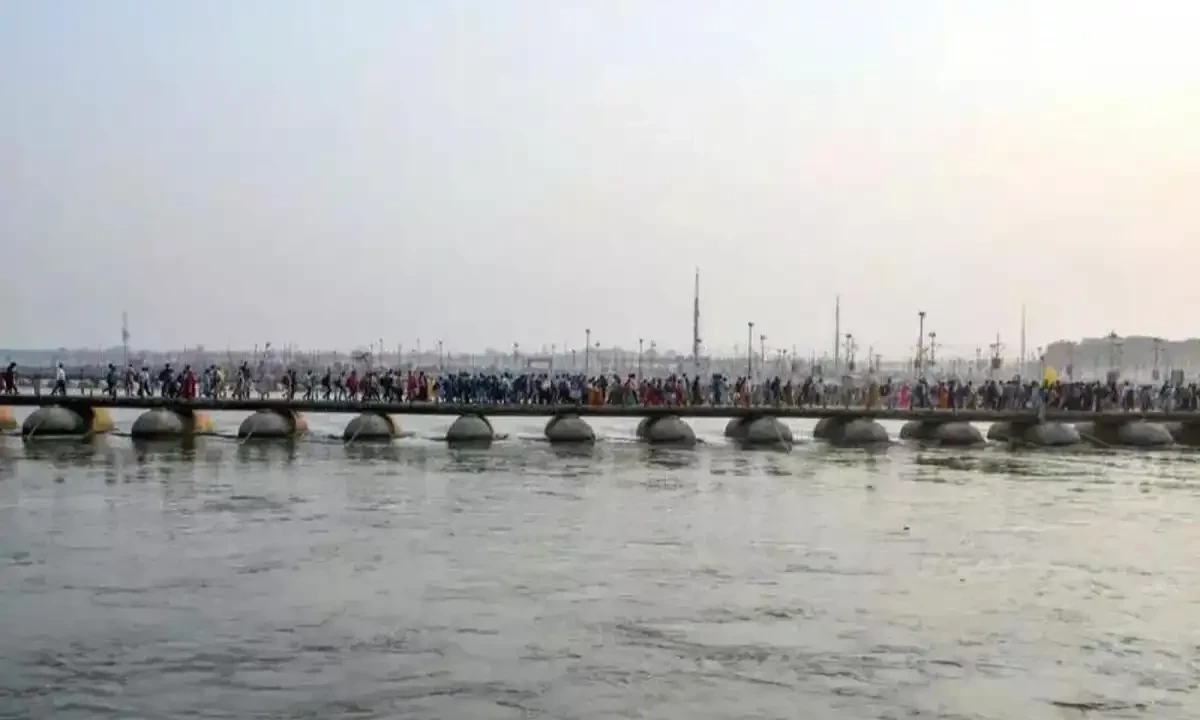India prepares to stop Bangladesh’s water supply
India has announced the suspension of the historic Indus Waters Treaty with Pakistan, citing a recent alleged attack in the Pahalgam area of occupied Kashmir as justification.
This move has drawn widespread condemnation from observers, who label it a violation of international law and an act of water terrorism.
Established in 1960 with international guarantees, the Indus Waters Treaty has ensured fair water distribution between Pakistan and India.
However, India’s latest decision raises concerns about its willingness to politicize humanitarian issues like water for political revenge, sparking alarm not only in Pakistan but also in Bangladesh, where the Ganges Water Agreement is set for renewal in 2026.
Experts in Bangladesh warn that if India can unilaterally suspend an agreement like the Indus Waters Treaty, it may also disregard the Ganges Agreement. Renowned water expert Nitin Manmohan cautions that India’s actions pose a threat to Bangladesh, particularly as the Sheikh Hasina government strengthens ties with China and Pakistan following recent elections.
The Ganges Water Agreement, signed on December 12, 1996, guarantees a minimum flow of water to Bangladesh during dry seasons. This three-decade agreement is due for renewal based on mutual consent next year. However, Man Mohan notes that India’s suspension of the Indus Waters Treaty could undermine its commitment to water distribution with Bangladesh.
Utam Sinha from the Manohar Parrikar Institute for Defence Studies and Analyses (IDSA) emphasizes that the success of future negotiations, including the Ganges Agreement, will depend significantly on the current political climate.
Article XII of the 1996 agreement states that it remains effective for thirty years and may be renewed by mutual consent. However, this renewal is not automatic; both parties must agree to it.
Recent high-level diplomatic exchanges between Pakistan and Bangladesh, including a meeting between their foreign secretaries in Dhaka, highlight regional efforts to address these tensions.
A planned visit by Pakistan’s Deputy Prime Minister and Foreign Minister Ishaq Dar to Bangladesh was postponed due to India’s escalating tensions and anti-Pakistan rhetoric.
Analysts suggest that India’s actions are an attempt to distract from its failures in Pakistan, the growing resistance in occupied Kashmir, and its diplomatic isolation. The alleged attack used as a basis for suspending the treaty has not been substantiated with evidence, raising questions about India’s motives.
Read more
What is reality of Indus Water Treaty between Pakistan, India?
‘Water is a lifeline for 240 million people; India cannot block it’: Federal ministers
Pakistan hits back at India: closes airspace, seals border, cancels visas
Pakistan has reiterated its commitment to the Indus Waters Treaty, stressing that water, a fundamental human right, should not be politicized. Appeals have been made to the United Nations, the World Bank, and other international organizations to intervene and prevent India’s violation of the treaty.
Experts warn that India’s approach could lead to a new water crisis in South Asia and pose risks to itself, as neighboring countries like China, Nepal, and Bangladesh mobilize against India’s water dominance.
As India increasingly appears as a state willing to violate agreements for its interests, it is essential for Pakistan, China, and Bangladesh to create a consensus plan for the peaceful and equitable use of water in the region to counter India’s water aggression.
For the latest news, follow us on Twitter @Aaj_Urdu. We are also on Facebook, Instagram and YouTube.
























Comments are closed on this story.